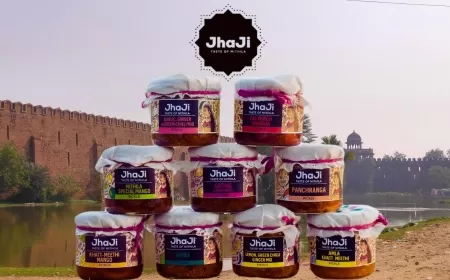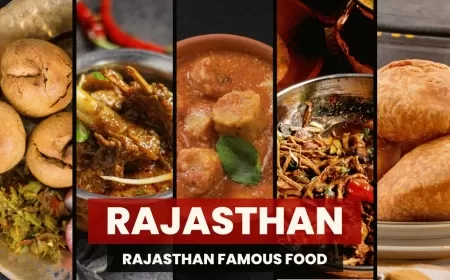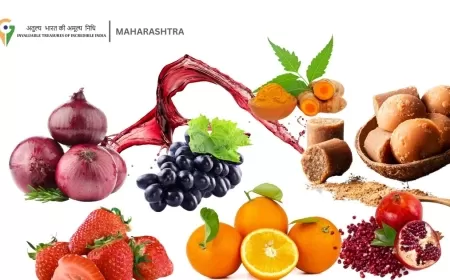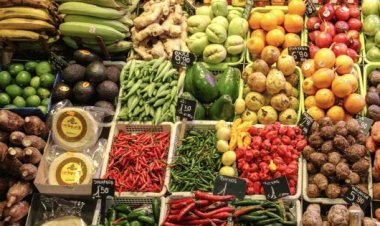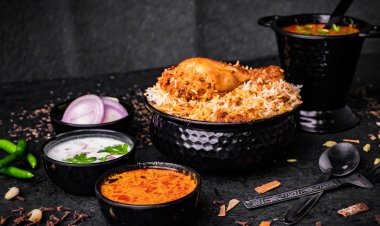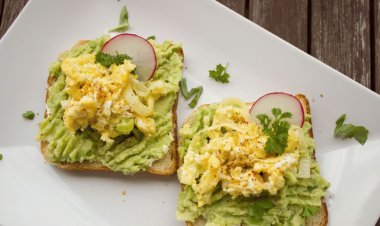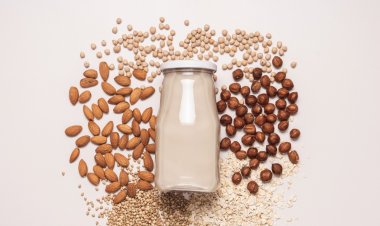Baba Ramdev, Founder of Patanjali Group Aims to generate a revenue of Rs 1 lakh crore in Next Five Years
Exciting times ahead! Patanjali Group, guided by Baba Ramdev, is set to conquer diverse customer segments with its exceptional offers. Get ready to witness the rise towards a remarkable revenue target of Rs 1 lakh crore in the next five years.

The milestone will also be significantly aided by group company Patanjali Foods (formerly Ruchi Soya), which has set a five-year goal of Rs 45,000–50,000 crore in revenue. Through a corporate bankruptcy resolution procedure, Patanjali Group bought the business in September 2019.
Patanjali Foods unveiled a new selection of nutraceuticals, health biscuits, Nutrela millet-based cereals, and dried fruits as part of its portfolio premiumization plan.
During a news conference held here, Ramdev stated, “It is our vision to take the turnover of the Patanjali Group to Rs 1 lakh crore in the next 5 years and that of Patanjali Foods, which is our listed company, to up to Rs 50,000 crore.”
Ramdev stated earlier this week that Patanjali Foods has created a vision document for the following five years in order to become the industry leader in the food-FMCG sector. The net profit increased to Rs 886.44 crore for the entire 2022–23 fiscal year from Rs 806.30 crore the year before. Last fiscal year, EBIDTA, or earnings before interest, depreciation, tax, and amortization, was Rs 1,577 crore.
In contrast to Rs 24,284.38 crore in 2021–2022, its total revenue climbed to Rs 31,821.45 crore in the most recent fiscal year.
The edible oil segment’s revenue turnover increased from Rs 22,468.64 crore the previous fiscal year to Rs 25,253.33 crore in the most recent fiscal year.
He said, “Today we have overtaken all the MNCs except Unilever, which is still ahead of us.” Patanjali has been concentrating on self sufficiency in India and attacking the multinationals in the Indian market.
“Two decades ago, when I predicted that Patanjali’s revenue would reach Rs 10,000 crore, many people believed that Baba was being overconfident at the time. However, others had urged us to stay within our means when I mentioned Patanjali’s goal of achieving a revenue of Rs 20,000 crore and competing with companies like Unilever. Today, I can proudly state that the Patanjali Group’s revenue has surpassed the $45,000 billion mark,” he remarked.
Ramdev claimed that the company has been providing a range of inexpensive goods for the general public through Patanjali Ayurveda, and that it is currently attempting to reach the “emerging upper-middle class” through the high-end goods provided by Patanjali Foods.
He said that Patanjali is advancing toward being a market leader on a worldwide scale as well, with a reach of over 200 crore people across 200 nations.
“We have touched 70 crore individuals in India alone, and our goal is to reach more than 100 crore people. We are putting several things in place for this. With our premium goods like soya chunks, premium oil, and other Nutrela items, we have reached the upper middle class and are now trying to appeal to them, he added.
The current annual revenue of Patanjali Foods, according to CEO Sanjeev Asthana, is Rs 31,000 crore.
“In the next five years, our expectation is that it will go between Rs. 45,000 crore and Rs. 50,000 crore,” he told PTI today, on the sidelines of the product launch.
“Our target is that from the current value offering that we have, approximately 5% to 10% will come from the premium products,” he continued.
According to Asthana, the firm is constructing Nutrela as a whole consumer business strategy with both a value and a premium product.
He said that the company’s biscuit division generated Rs 1,200 crore in sales.
“This year, we want to exceed Rs 1,500 crore. We have a good sense of assurance that we can accomplish that goal. In the future, a bigger portion of our market share will move toward value and a sizable portion toward premium, where we provide the healthier alternatives without compromising everything that Patanjali stands for.
Ramdev added that the proprietors of Patanjali Foods would divest a 6% interest by selling shares to institutional investors in June in order to achieve minimum public ownership requirements of 25%. To raise public shareholdings, the business had previously conducted a follow-on-public offer (FPO).
Currently, the company’s promoters own over 81 percent of the shares.
What's Your Reaction?
 Like
1
Like
1
 Dislike
0
Dislike
0
 Love
0
Love
0
 Funny
0
Funny
0
 Angry
0
Angry
0
 Sad
0
Sad
0
 Wow
0
Wow
0














